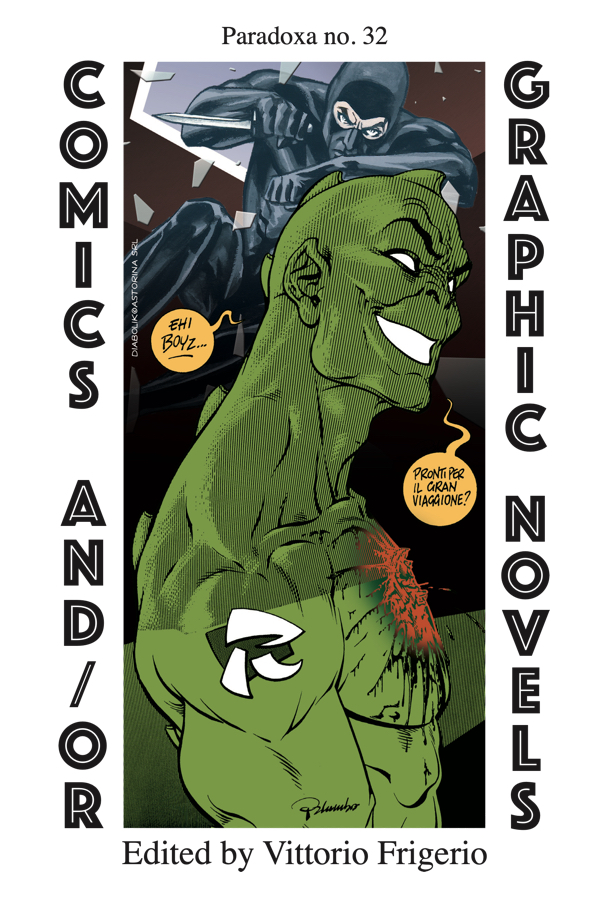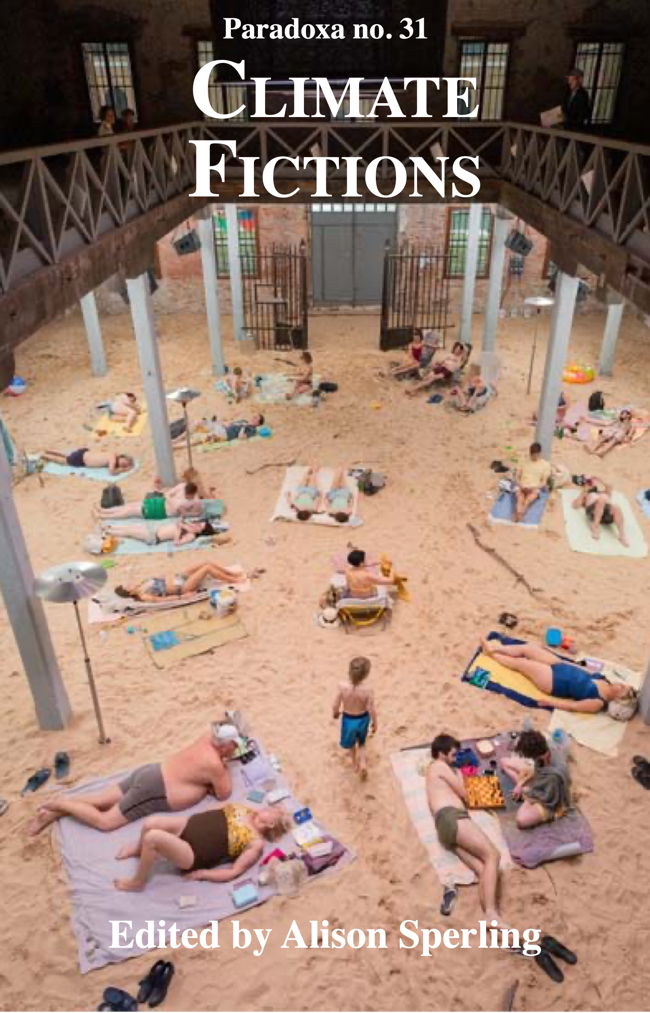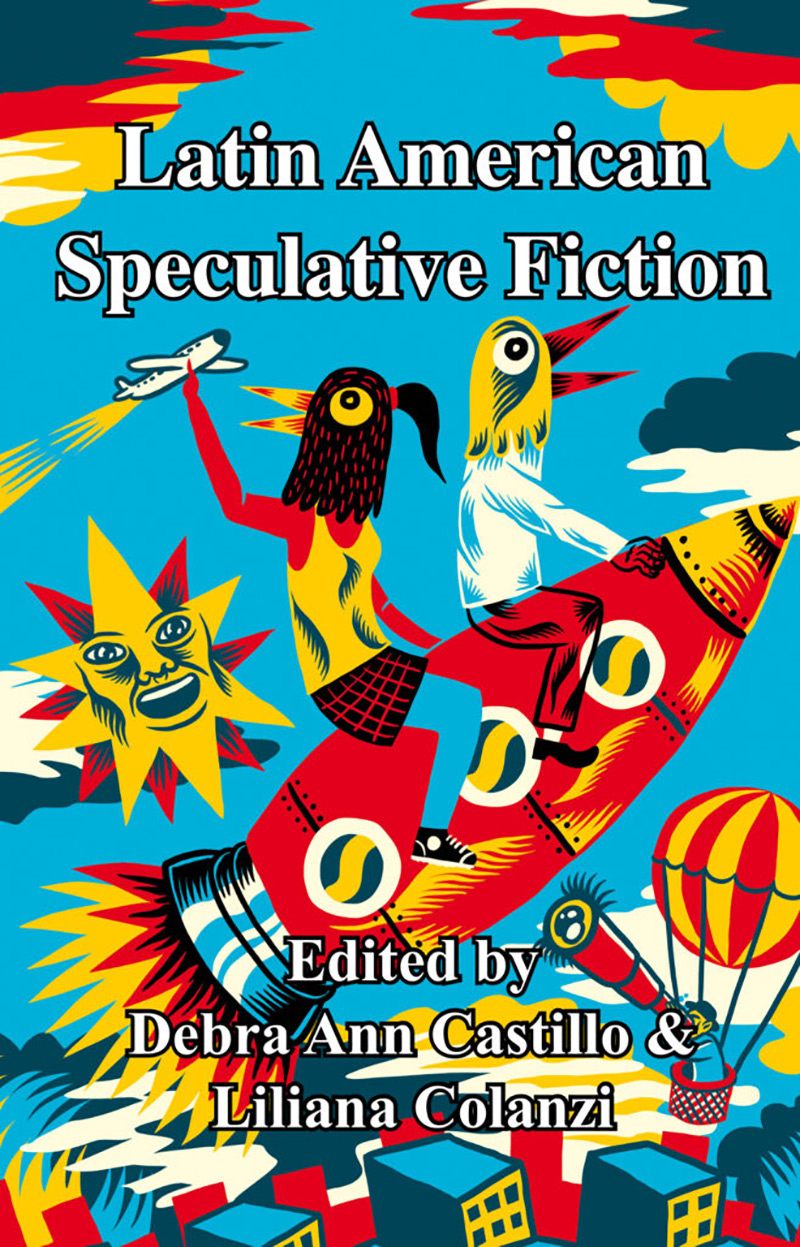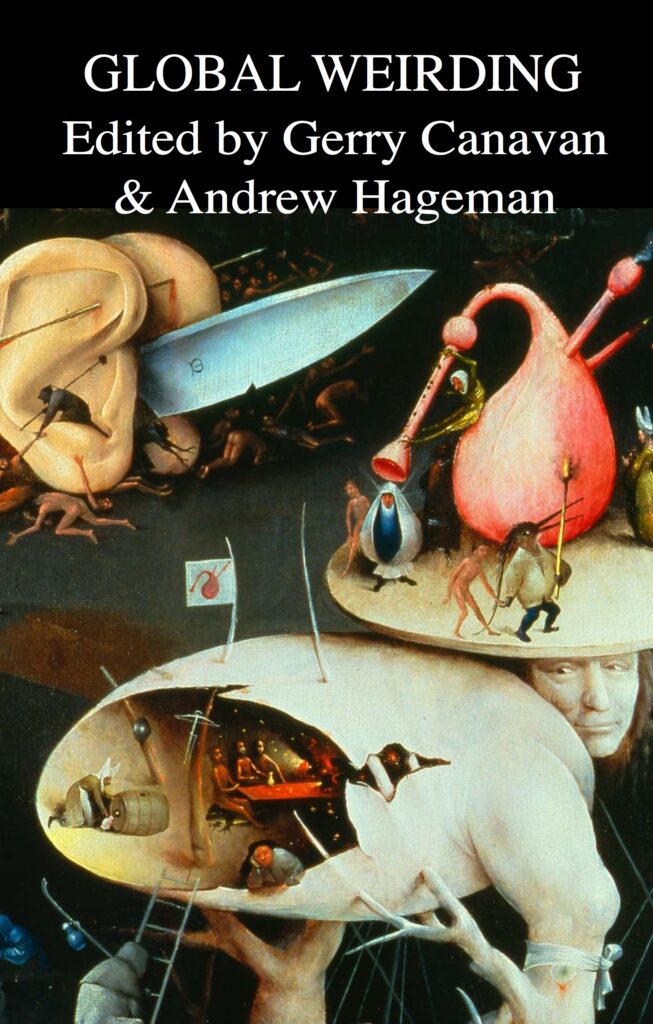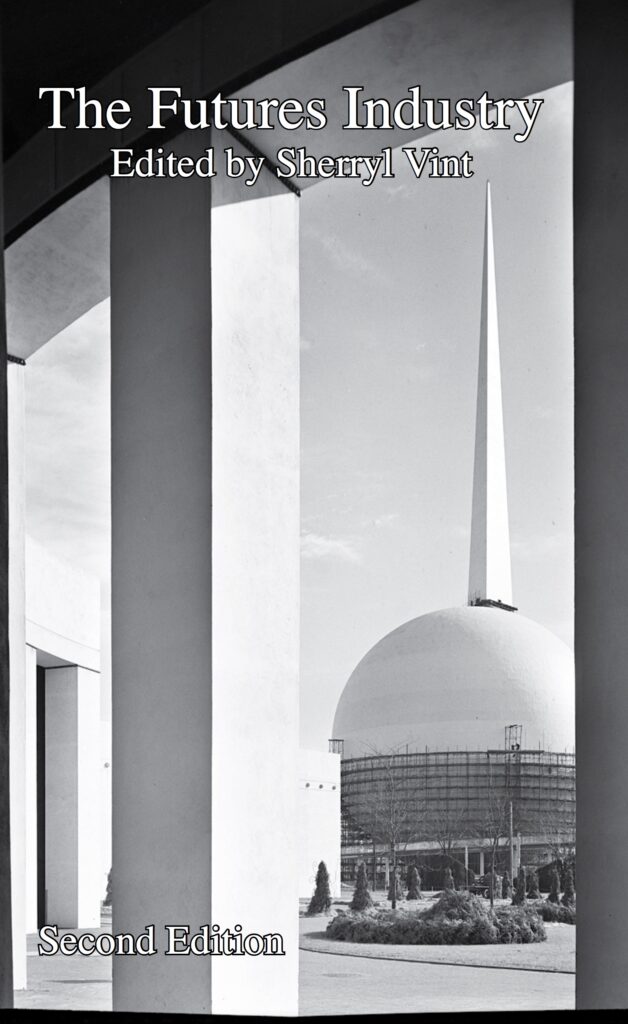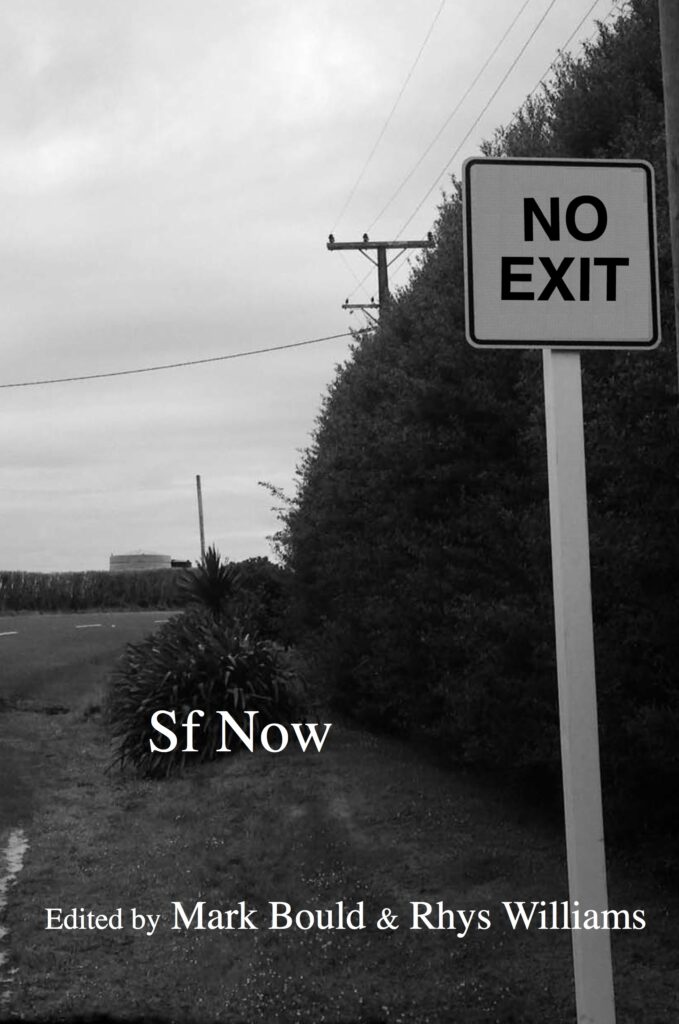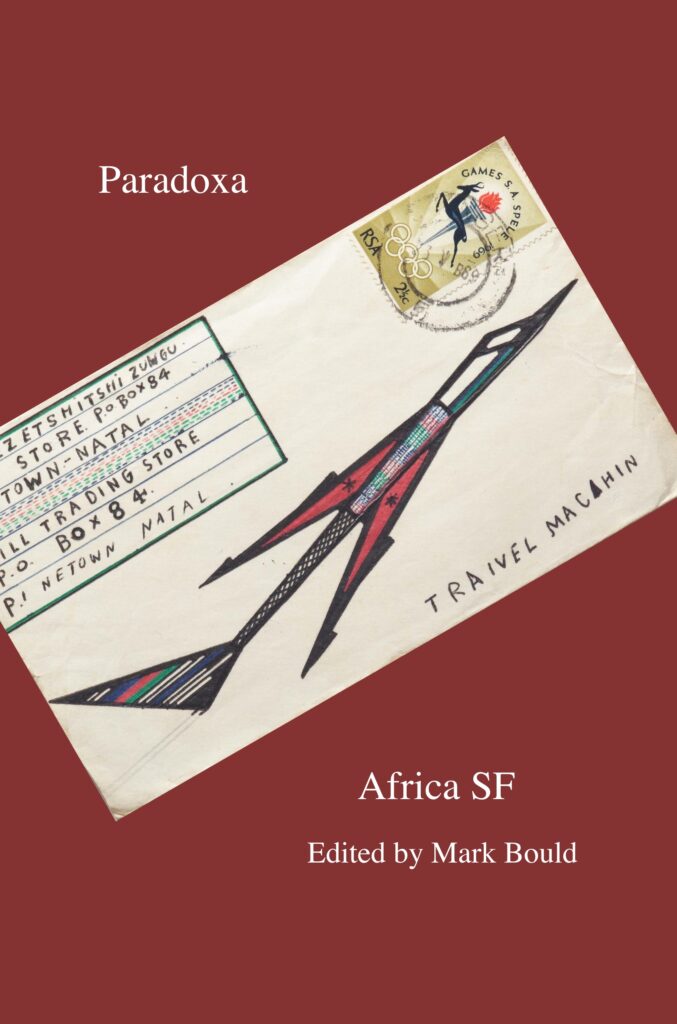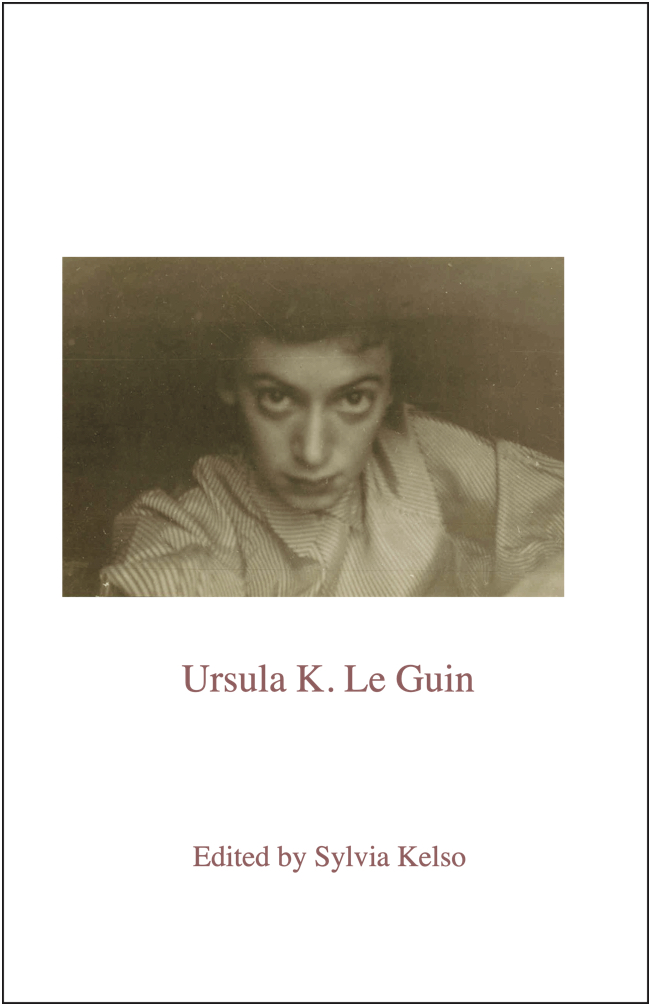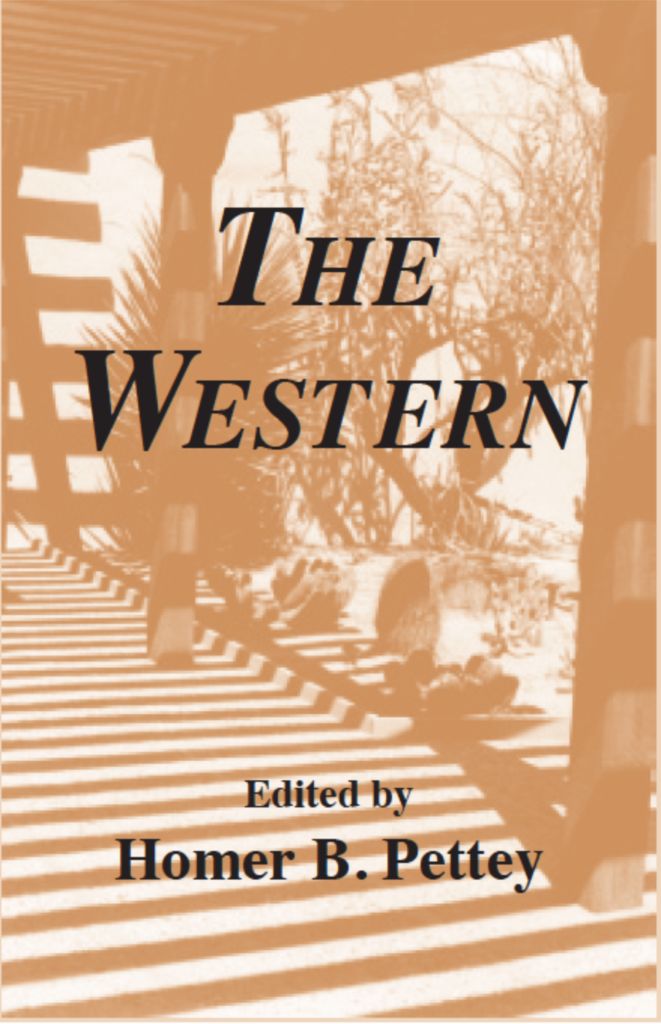Julia D. Gibson
Queen’s University
“Stories We Tell About the End of the World: (Post)Apocalyptic Climate Fiction Working Towards Climate Justice”
Abstract
It is perhaps more important than ever for environmental practitioners to grasp that the narratives we/they employ need to accurately describe the political realities of, imagine innovative solutions to, and sustain the most vulnerable through the disaster/injustice that is global climate change. Thus, it is vital for those of us who deal closely with environmental and climate narratives to be able to articulate which texts succeed in these regards both for ourselves and in ways that translate to broader contexts and audiences. In this paper I argue that the visionary (re)descriptive powers so abundant within (post)apocalyptic Indigenous, Afrofuturist, and/or feminist climate fiction are among the right kinds of stories for this work. In addition to considering these narratives’ relationships to the practice of climate justice, the paper reflects on the ethical challenges of working with narratives, practices, and practitioners from beyond one’s immediate expertise and/or communities.

